No products in the cart.
Return To Shop
Menu
Categories
- Pharmaceutical Vaccine
- Mens Health
- Anti Viral
- Antibiotics
- HCG Injections
- Cetaphil
- Diabetes
- Best Selling Products
- Anti Malarial
- Bimatoprost
- Chemical Peels
- Women's Health
- Kidney / Liver Care
- Botulinum
- Altus Product's
- Human Albumin
- Anti Fungal
- Dermal fillers
- Pharmaceutical Products
- Asthma
- Anti Cancer
- Beauty & Skin Care
- Thyroid Care
- Hepatitis
- HIV Medicines
- Weight Loss
- Modafinil
- Anti Emetic
- Neuropathic Pain
- Armodafinil
- Hair Loss
- Pain Relief
- Naltrexone
- Quit Smoking
Wishlist
0
Sign in
Login
Register
- Anti-Cancer
- Armodafinil
- Bimatoprost
- Botulinum
- Dermal Fillers
- Hepatitis
- Mens-health
- Modafinil
- Naltrexone
- ANTI EMETIC
- Altus Product’s
- Anti Fungal
- Anti Malarial
- Anti Viral
- Antibiotics
- Asthma
- Beauty & Skin Care
- Cetaphil
- Chemical Peels
- Diabetes
- Hair Loss
- HCG Injections
- HIV Medicines
- Human Albumin
- Kidney / Liver Care
- Neuropathic Pain
- Pain Relief
- Pharmaceutical Products
- Pharmaceutical Vaccine
- Quit Smoking
- Thyroid Care
- Weight Loss
- Women’s Health
Shop and get discounts
Worldwide Shipping
Menu
Categories
- Pharmaceutical Vaccine
- Mens Health
- Anti Viral
- Antibiotics
- HCG Injections
- Cetaphil
- Diabetes
- Best Selling Products
- Anti Malarial
- Bimatoprost
- Chemical Peels
- Women's Health
- Kidney / Liver Care
- Botulinum
- Altus Product's
- Human Albumin
- Anti Fungal
- Dermal fillers
- Pharmaceutical Products
- Asthma
- Anti Cancer
- Beauty & Skin Care
- Thyroid Care
- Hepatitis
- HIV Medicines
- Weight Loss
- Modafinil
- Anti Emetic
- Neuropathic Pain
- Armodafinil
- Hair Loss
- Pain Relief
- Naltrexone
- Quit Smoking
Wishlist
0
0
Cart
$0.00
0
No products in the cart.
Return To Shop Shopping cart (0)
Subtotal: $0.00
Worldwide Shipping
Rated 4.00 out of 5 based on 1 customer rating
(1 customer review)
Compare
Please, enable Compare.
SKU: N/A
Category: Anti Cancer
$79.22 – $906.49Price range: $79.22 through $906.49
Lenalid Capsules (Lenalidomide) is used in the treatment of multiple myeloma and lepra reaction. This medicine belongs to a group of medicines that affect how your immune system works.
Have questions?
Our experts are ready to help.
Call : +91 9002 1002 33
Lenalid Capsules (Lenalidomide)
| COUNTRY OF ORIGIN | India |
|---|---|
| DOSAGE FORM | Capsules |
| EQUIVALENT BRAND | Revlimid |
| GENERIC NAME | Lenalidomide |
| INDICATION | Multiple myeloma, Lepra reaction |
| MANUFACTURER | Cipla Ltd |
| PACKAGING | 30 capsules in 1 bottle |
| COMPOSITION | Lenalidomide (5mg) Lenalidomide (10mg) Lenalidomide (15mg) Lenalidomide (25mg) |
PRODUCT INTRODUCTION
Lenalid Capsules (Lenalidomide) is used in the treatment of multiple myeloma and lepra reaction. This medicine belongs to a group of medicines that affect how your immune system works.
Lenalid Capsule can be taken with or without food, but try to have it at the same time every day to get the most benefits. Your doctor will decide what dose is necessary and how often you need to take it. This will depend on what you are being treated for and may change from time to time. You should take it exactly as your doctor has advised. Taking it in the wrong way or taking too much can cause very serious side effects. It may take several weeks or months for you to see or feel the benefits but do not stop taking it unless your doctor tells you to.
Some common side effects of this medicine include headache, weakness, nausea, rash, and dizziness. This medicine may reduce the number of blood cells (decrease red blood and white blood cells) in your blood, thereby, increasing the susceptibility to infections or bleeding. Hence, take caution while performing the activity that might increase your chances of bleeding or avoid contact with people suffering from an infection such as a cold. Regular blood tests are required to check your blood cells while on treatment.
Many other medicines can affect, or be affected by, this medicine so let your healthcare team know all medications you are using. This medicine is not recommended during pregnancy or while breastfeeding. The use of effective contraception by both males and females during treatment is important to avoid pregnancy. You are advised to drink plenty of fluids to stay hydrated while taking this medicine.
“Empowering Hope: Understanding the Role of Lenalidomide in Cancer Treatment”
Lenalidomide is a remarkable medication that has revolutionized cancer treatment, particularly for individuals battling conditions like multiple myeloma and Myelodysplastic syndromes. This versatile drug is known for its ability to modulate the immune system, inhibit cell proliferation, and promote an anti-cancer environment within the body. Lenalidomide has shown significant success in improving response rates, extending progression-free survival, and enhancing overall quality of life for many patients. Its application extends to various hematologic malignancies, offering hope where conventional treatments may have limitations. In this blog, we explore the vital role of lenalidomide in cancer care, delving into its mechanisms, approved uses, potential side effects, and the transformative impact it has on the lives of individuals navigating these challenging diagnoses.
USES OF LENALID CAPSULE
- Multiple myeloma
- Lepra reaction
BENEFITS OF LENALID CAPSULE
In Multiple myeloma
If you have multiple myeloma, your body is destroying bone faster than it is being replaced. This makes bones weak and painful and more likely to break. Lenalid Capsule may be prescribed along with other cancer treatments such as chemotherapy. It is an important part of your treatment and increases the survival rate of people with multiple myeloma. This medicine will kill the cancerous cells and prevent their further growth as well as spread to other parts of the body. Follow your doctor’s instructions carefully to get the most benefit. Supplements of calcium and Vitamin D3 are also effective and may be prescribed if you do not have high blood calcium levels.
In Lepra reaction
Lepra reactions are complicated inflammatory reactions that may occur before, during or after the treatment for leprosy, a serious bacterial skin disease. These reactions increase nerve damage and worsen disability in leprosy patients. Therefore lepra reactions need treatment with medicines such as Lenalid Capsule in order to stimulate the immune system and aid in recovery. This medicine will also prevent further damage due to lepra reactions. Take it as prescribed by the doctor to get the most benefit.
“Navigating the Path Ahead: Understanding Multiple Myeloma Prognosis and Hope for the Future”
Understanding the prognosis of multiple myeloma is a critical aspect of managing this complex blood cancer. Multiple myeloma is characterized by the uncontrolled growth of plasma cells in the bone marrow, which can lead to various complications. Prognosis in multiple myeloma varies, depending on factors such as the stage at diagnosis, specific genetic abnormalities, and the patient’s overall health. While multiple myeloma is a serious condition, advancements in treatment options, including novel therapies and stem cell transplantation, have significantly improved survival rates and quality of life for many patients. This blog delves into the nuanced world of multiple myeloma prognosis, offering insights into the factors that influence outcomes, the evolving treatment landscape, and the hope it brings to those navigating the journey of living with this disease.
“Transforming Care: Exploring Medications for Multiple Myeloma Treatment”
Medications play a pivotal role in the comprehensive treatment of multiple myeloma, a complex and often challenging blood cancer. Multiple myeloma is characterized by the malignant proliferation of plasma cells in the bone marrow, leading to various complications. Understanding the range of medications used in its treatment is crucial for both patients and healthcare providers. From traditional chemotherapy and corticosteroids to more recent advancements in targeted therapies, immunomodulatory drugs, and proteasome inhibitors, there is a diverse arsenal of medications available to manage this condition. These medications not only target cancer cells directly but also support bone health and reduce complications. The continuous evolution of multiple myeloma medications offers new hope to patients, providing more effective treatment options and improving the quality of life for those affected by this disease. This blog explores the world of multiple myeloma medications, offering insights into the different classes of drugs, their mechanisms, and their impact on patients’ lives.
“Advancements in Care: Exploring the Treatment Landscape for Myelodysplastic Syndrome”
The treatment of Myelodysplastic syndrome (MDS) has seen significant advancements in recent years, providing newfound hope for individuals facing this complex group of blood disorders. MDS is characterized by abnormalities in the bone marrow, which can lead to insufficient production of healthy blood cells. Understanding the evolving treatment landscape for MDS is crucial, as it offers multiple options, ranging from supportive care measures such as blood transfusions and growth factors to more aggressive interventions like chemotherapy, targeted therapies, and stem cell transplantation. Recent developments in precision medicine have enabled tailored treatments based on the specific subtype and genetic makeup of MDS, leading to improved outcomes and enhanced quality of life. This blog explores the evolving world of MDS treatment, shedding light on the latest therapeutic approaches, patient experiences, and the hope it brings to those living with this challenging condition.
SIDE EFFECTS OF LENALID CAPSULE
Most side effects do not require any medical attention and disappear as your body adjusts to the medicine. Consult your doctor if they persist or if you’re worried about them
Common side effects of Lenalid
- Headache
- Weakness
- Nausea
- Rash
- Dizziness
- Sleepiness
- Edema (swelling)
- Loss of appetite
- Decreased white blood cell count
- Decreased calcium level in blood
- Weight gain
- Muscle weakness
- Fatigue
- Fever
- Anxiety
- Blood clots
- Dry skin
- Weight loss
- Confusion
- Decreased white blood cell count (neutrophils)
- Neuropathy
- Constipation
- Tremors
HOW TO USE LENALID CAPSULE
Take this medicine in the dose and duration as advised by your doctor. Lenalid Capsule may be taken with or without food, but it is better to take it at a fixed time.
HOW LENALID CAPSULE WORKS
Lenalid Capsule is an anti-cancer medication. It works by enhancing the immune system that indirectly attacks the cancer cells. It prevents the growth of new blood vessels within the tumor. It also restricts the production of chemical messengers (cytokine and growth factor) which are responsible for the growth of cancer cells. This is how it works against cancer.
SAFETY ADVICE

Alcohol
CONSULT YOUR DOCTOR
It is not known whether it is safe to consume alcohol with Lenalid Capsule. Please consult your doctor.

Pregnancy
UNSAFE
Lenalid Capsule is highly unsafe to use during pregnancy. Seek your doctor’s advice as studies on pregnant women and animals have shown significant harmful effects to the developing baby.

Breast feeding
CONSULT YOUR DOCTOR
Lenalid Capsule is probably unsafe to use during breastfeeding. Limited human data suggests that the drug may pass into the breastmilk and harm the baby.

Driving
UNSAFE
Lenalid Capsule may cause side effects which could affect your ability to drive.
You may feel dizzy, tired, sleepy, have vertigo or blurred vision after taking Lenalid Capsule and this may affect your ability to drive.
You may feel dizzy, tired, sleepy, have vertigo or blurred vision after taking Lenalid Capsule and this may affect your ability to drive.

Kidney
CAUTION
Lenalid Capsule should be used with caution in patients with kidney disease. Dose adjustment of Lenalid Capsule may be needed. Please consult your doctor.

Liver
CAUTION
Lenalid Capsule should be used with caution in patients with liver disease. Dose adjustment of Lenalid Capsule may be needed. Please consult your doctor.
WHAT IF YOU FORGET TO TAKE LENALID CAPSULE?
If you miss a dose of Lenalid Capsule, take it as soon as possible. However, if it is almost time for your next dose, skip the missed dose and go back to your regular schedule. Do not double the dose.
“Balancing Hope and Expenses: Understanding Lenalidomide Cost in Cancer Treatment”
Navigating the cost of cancer treatment, particularly when it comes to medications like lenalidomide, can be a complex and often daunting endeavour. Understanding the cost of lenalidomide is essential for individuals seeking this highly effective drug, often used in the management of multiple myeloma and Myelodysplastic syndromes. While lenalidomide holds great promise in improving patient outcomes and quality of life, it is crucial to acknowledge the financial implications. Various factors, including insurance coverage, assistance programs, and discussions with healthcare providers, can play a pivotal role in managing the cost. This blog aims to provide insights into the key considerations surrounding lenalidomide cost, helping individuals make informed decisions and explore available resources to ensure that this innovative treatment remains accessible and affordable.
| Composition | Lenalid 5 Capsule, Lenalid 10 Capsule, Lenalid 15 Capsule, Lenalid 25 Capsule |
|---|---|
| Pack Size | 2 Bottle/s, 4 Bottle/s, 6 Bottle/s |
1 review for Lenalid Capsules (Lenalidomide)
Add a review Cancel reply
Related products
Alphalan Tablets (Melphalan)
From: $74.03Cabapan 60mg Injection (Cabazitaxel 60mg/1.5 ml)
From: $285.71Pemnat Injection (Pemetrexed)
From: $149.35Bevatas Injection (Bevacizumab)
From: $145.45Bortenat Injection (Bortezomib)
From: $83.12Canmab Injection (Trastuzumab)
From: $415.58Bleocel 15IU Injection (Bleomycin 15IU)
From: $122.08People also bought
-
Benoquin 40 Cream | Monobenzone 40%
From: $154.77 - From: $38.38
- From: $40.05
-
Aziderm 10% Cream 15gm | Azelaic Acid 10%
From: $39.26
Our Services
Shipping
Shipping at Discounted Price
Money Returns
Return Within 30 Days
Secure Payment
Safe & Secure Payment
Support 24/7
Contact 24 Hours Day
Kryxana 200mg Tablet (Ribocicl...
From: $411.69


Lenangio Capsule (Lenalidomide...
From: $73.38
More
More
- Anti-Cancer
- Armodafinil
- Bimatoprost
- Botulinum
- Dermal Fillers
- Hepatitis
- Mens-health
- Modafinil
- Naltrexone
- ANTI EMETIC
- Altus Product’s
- Anti Fungal
- Anti Malarial
- Anti Viral
- Antibiotics
- Asthma
- Beauty & Skin Care
- Cetaphil
- Chemical Peels
- Diabetes
- Hair Loss
- HCG Injections
- HIV Medicines
- Human Albumin
- Kidney / Liver Care
- Neuropathic Pain
- Pain Relief
- Pharmaceutical Products
- Pharmaceutical Vaccine
- Quit Smoking
- Thyroid Care
- Weight Loss
- Women’s Health

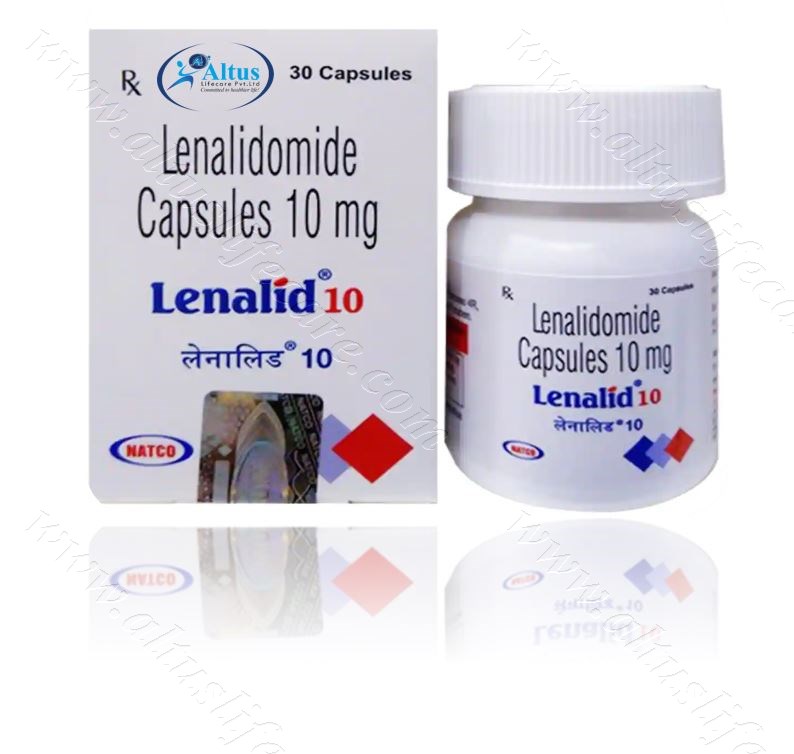
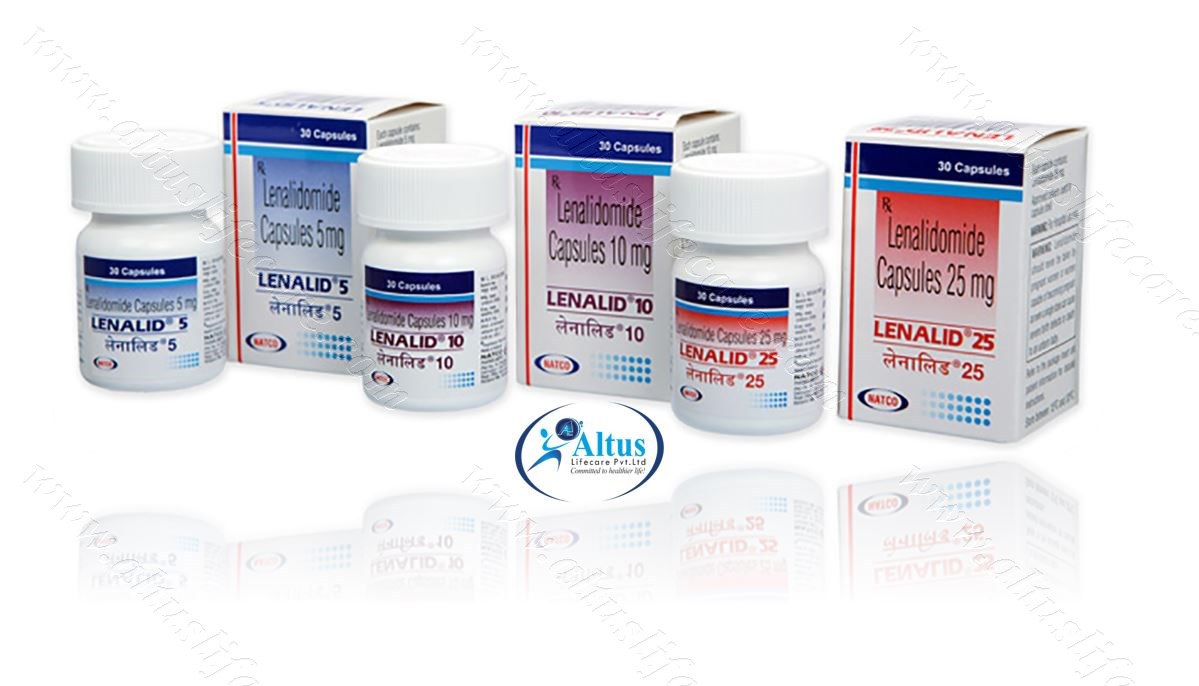
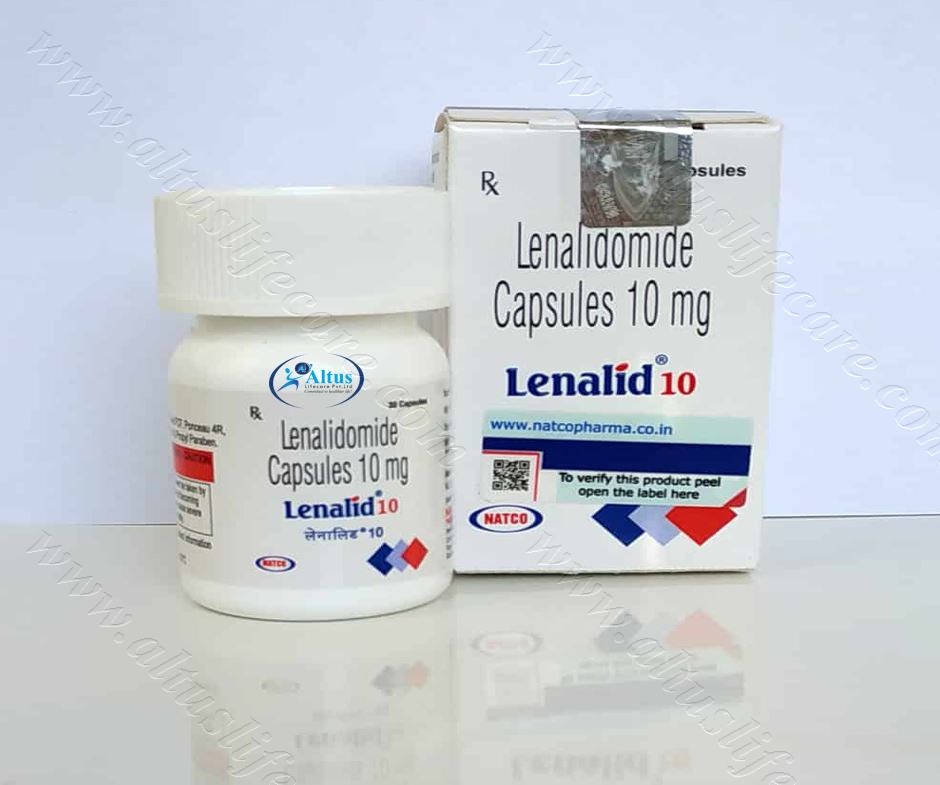
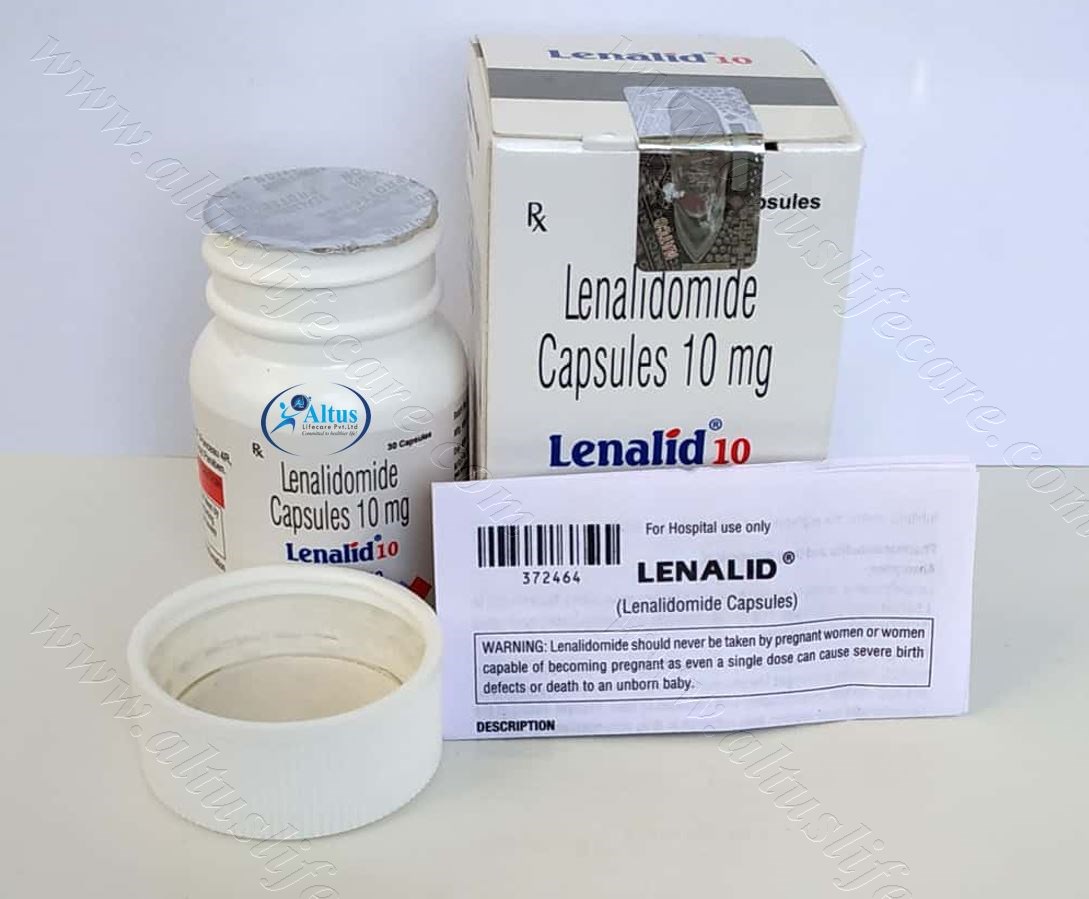
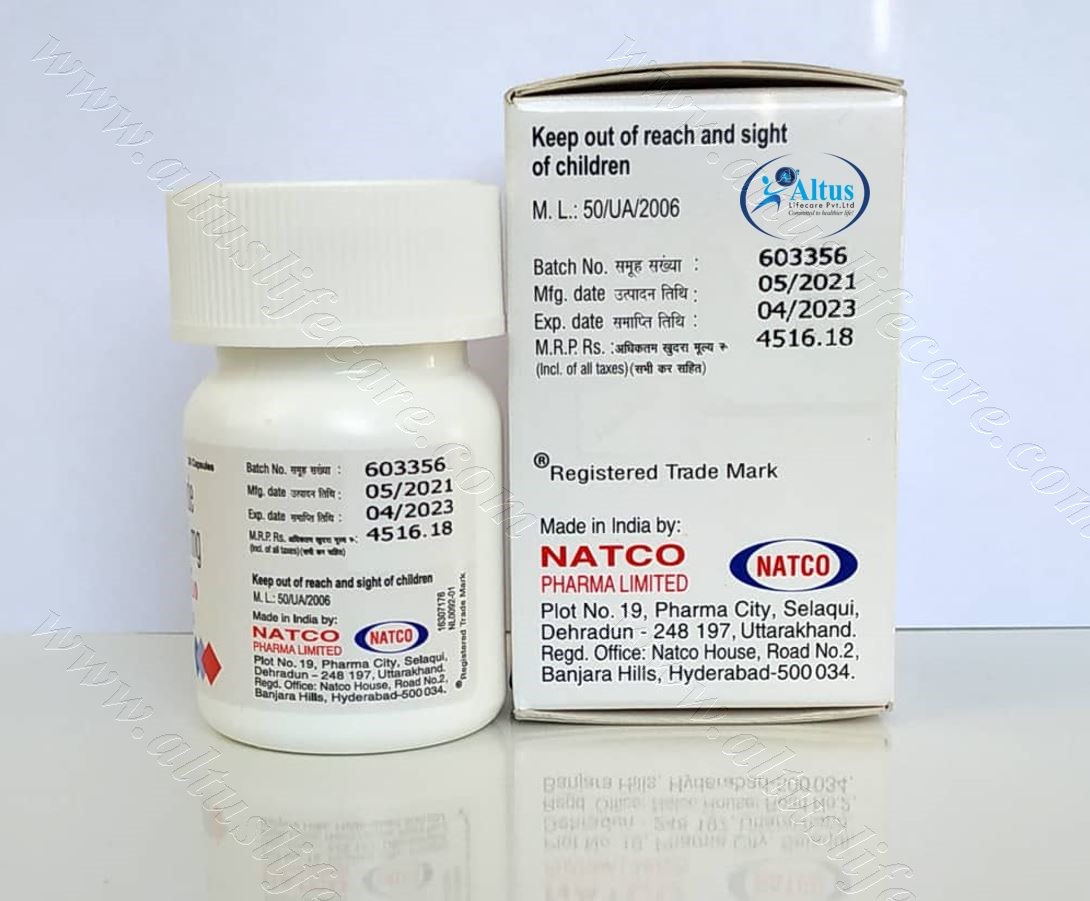




















Makenzie (verified owner) –
“Gentle on the stomach, tough on viruses. This antiviral medicine is my trusted companion.”